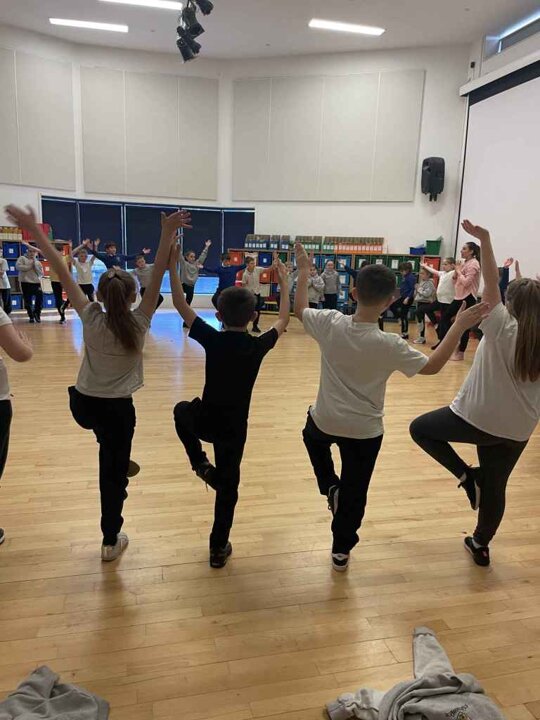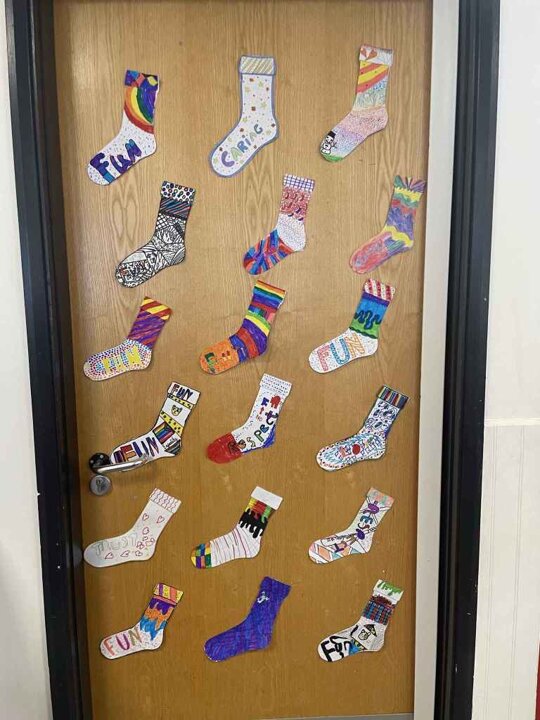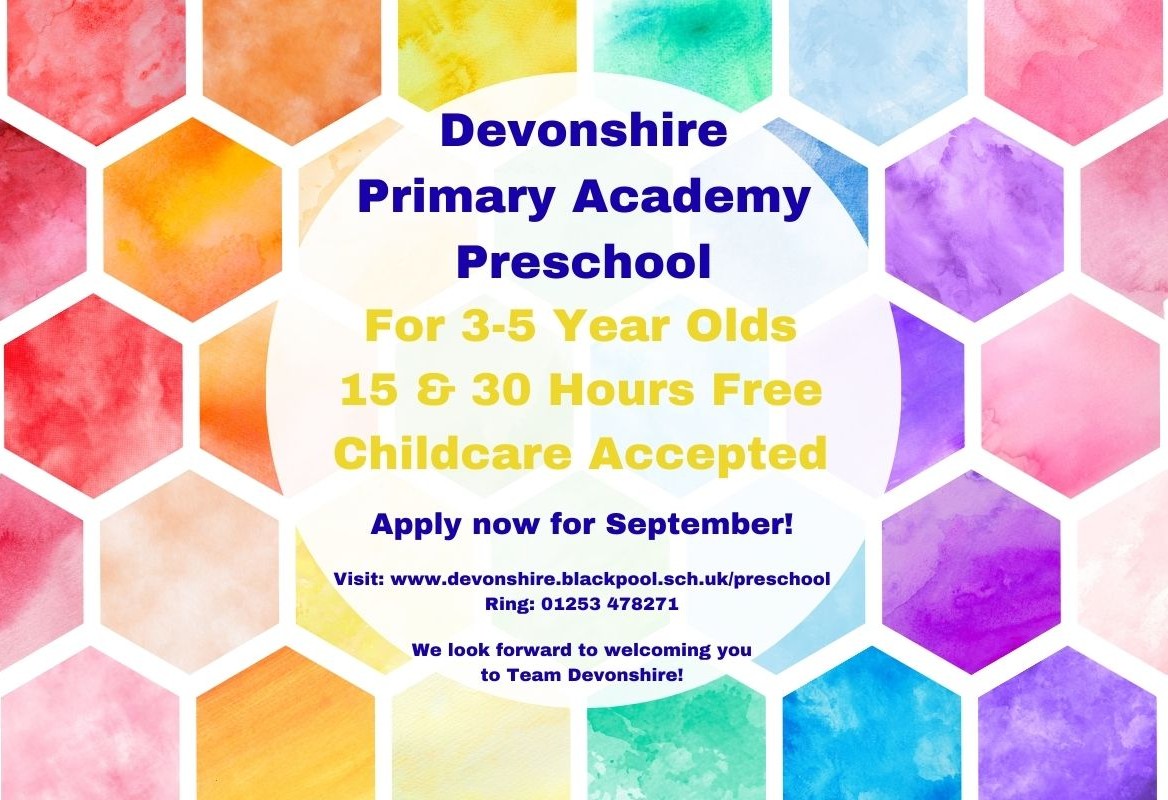
PSHE
Why do we learn PSHE?
- PSHE teaches us how to manage personal and social situations.
- PSHE helps us learn how to keep our bodies and minds healthy.
- PSHE helps us prepare for life and future careers.
- PSHE helps us manage our emotions and relationships.
- PSHE teaches us how to stay safe.
- PSHE teaches us about the British Values – respect, tolerance, rules and law, democracy and individual liberty.
Vision
Personal, social, health and economic (PSHE) education is essential to help children develop the knowledge, skills and attributes they need to manage their lives, now and in the future. By following the Safety, caring, achievement, resilience, friendship (SCARF) programme, we aim to develop the characteristics our pupils need to thrive as individuals, as part of a family and as a confident member of the wider community.
PSHE education helps pupils to stay healthy, safe and prepared for life – and work – in modern Britain. Pupils are given opportunities to consider and clarify their values and beliefs. We aim for our children to be able to express their views whilst remaining tolerant and understanding of others.
We want to equip our children with the information they need to make the right choices and know how to deal with issues such as bullying, their changing bodies and peer pressure. From making responsible decisions about alcohol, to succeeding in their first job, PSHE education helps pupils to manage many of the most critical opportunities, challenges and responsibilities they will face growing up. Our pupils will learn where to go for help and will foster healthy relationships, know their rights and responsibilities, contribute to the community and be ‘the best that we can be.’
We use SCARF to teach our PSHE within school and the statutory RSHE requirements are taught within these lessons. The same topics are taught each year, building on what the children have already learnt and introducing new, age-appropriate themes. At the start of each half term, each child receives a knowledge organiser with the key points for that topic. They also complete a pre-unit assessment so the class teacher is aware of what the children already know and what areas might need more work. The same assessment is completed at the end so the children can reflect on all their new learning.
| Term | Unit |
|---|---|
| Autumn 1 | Me and My Relationships |
| Autumn 2 | Valuing Difference |
| Spring 1 | Keeping Safe |
| Spring 2 | Rights and Respect |
| Summer 1 | Being my Best |
| Summer 2 | Growing and Changing |
Aims
Devonshire children:
- Are respectful and tolerant
- See beyond stereotypes
- Understand prejudice and know how to deal with it
- Understand how to be healthy
- Understand medicines can be helpful or harmful
- Understand we have emotional needs that need to be met
- Understand we change as we grow up and can explain these changes
- Use appropriate vocabulary for parts of the body
- Know that online images and what our peers tell us is not always acurate
- Can overcome problems and set goals
- Have high aspirations for their future
Devonshire children know how to:
- Agree and disagree
- Compromise
- Deal with bullying
- Explain their feelings
- Follow rules
- Give examples of their rights and responsibilities
- Help look after their school and community
Enrichment Opportunities
- Anti-Bullying Week
- Children’s Mental Health Week
- Health and Wellbeing Week (including water safety, sun safety, dental hygiene and personal hygiene)
- Yoga Day
Useful Websites
- Partnership for Children
- Place 2 Be's Children's Mental Health Week
- Anti-Bullying Alliance
- Food - A Fact of Life
RSHE
RSHE is covered in the Growing and Changing unit of our SCARF Curriculum and is interwoven throughout all other units. SCARF educators also visit our school annually to cover more delicate topics with Years 4, 5 and 6, which are re-visited in the summer term by class teachers. Children have the opportunity to ask questions at any point through the year by using our ‘Ask it Basket’.









